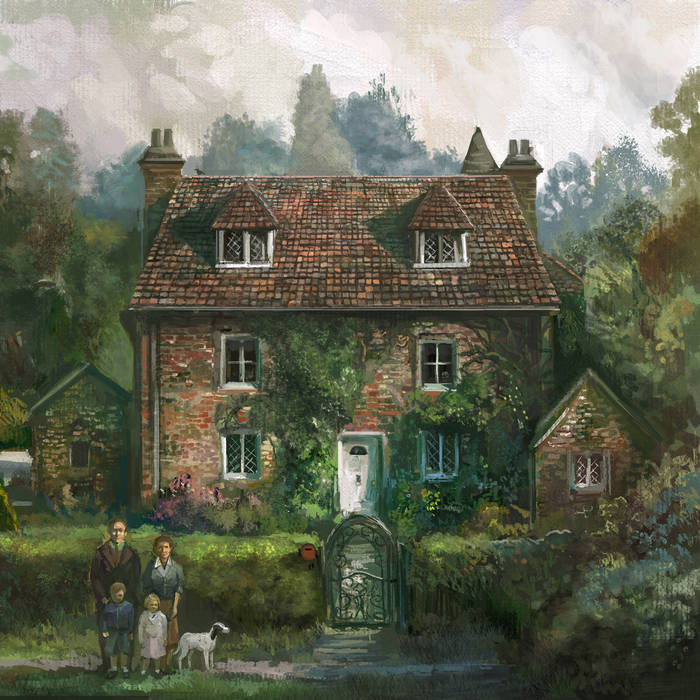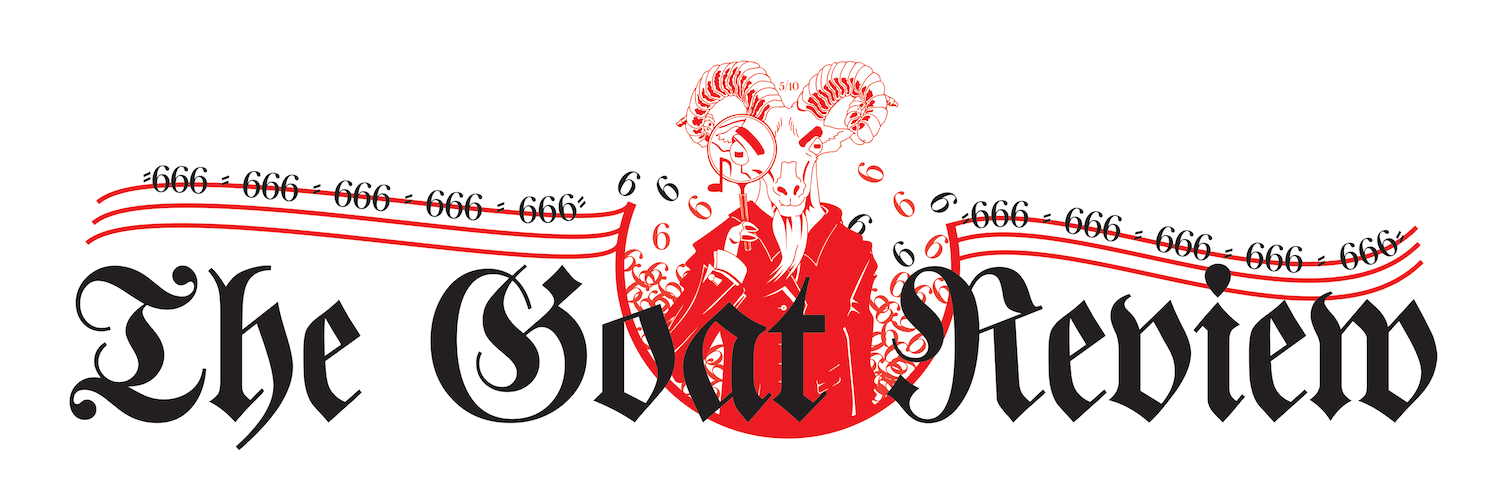
Straight from the onset of listening to House of Sand I could hear that there was something special about it. It’s an album of rock songs, really, but also of small details and an overwhelming feeling of self inflicted misery. Used sparingly as a tool for contrast you’ll also find some post metal riffs and repetition complete with some harsh growls. I have not quite heard these elements combined like this before. To see this as a simple and light album would be wrong though, as below the surface there’s actually a lot to this release. A good example of this is the song “False Doors”. It starts out as a folksy song with a pretty chorus only to morph past the midpoint into doom-fuelled post metal. This is done by the guitar taking on a tone that sounds like something out of a horror game (I’m reminded of a track from the first Silent Hill) to signal that something’s wrong before the song turns very dark with a heavy doom riff.
House of Sand is full of moments like this where a simple song idea is twisted into something completely different, a skill I’ve seen only a few bands handle lately (Unto Others comes to mind). I mentioned before that the choruses sound pretty, albeit, sorrowful. This does not go for the lyrics, however. The subject matter here is a concept story of a man being left by his family or perhaps forcing them out, to live his life in painful solitude, unsubtle. The theme of struggling with meaninglessness all alone is heavy indeed and Dawnwalker executes it well. This kind of psychological drama of a character’s descent into personal hell makes the promo text’s mention of bands like Opeth apt. Just before the House of Sand‘s midpoint there’s a cover of Elvis Presley‘s “House of Sand”, only it sounds like it’s being played through a broken cassette player. The song takes on a distorted effect that displays a truly inspired sense of irony with its placement in the middle of an album like this.
Finally, the production is what seals the deal here. The band describes the process as stripped back and recorded as live as possible, without click-tracks and synthesized instruments. The raw and human sound that results makes the album claustrophobic yet full of life. There’s instruments like piano and violin being used here but they are understated, showing that Dawnwalker aren’t trying to show off. Instead, each piece of the puzzle informs the whole of this slow despair-fueled journey into death. A small point of critique I’d like to offer is that the spoken word used throughout the album sometimes takes me out of the mood. The main character bits are what feels a bit too fake to my ears. But this is a small flaw that I can overlook. Albums like this make me smash the play button just as soon as they are over so don’t be surprised to see this again when list season rolls around the corner.
